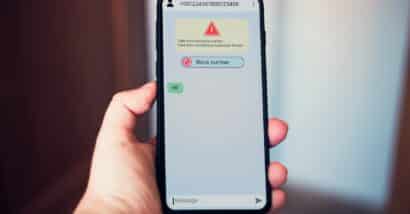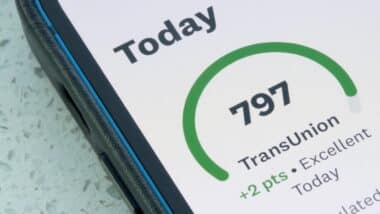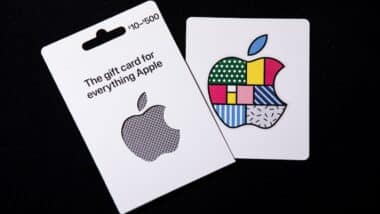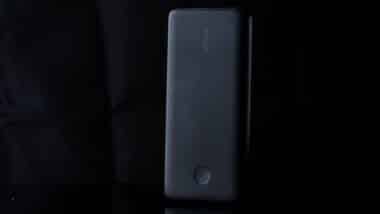 The fast food company Checkers has been accused of sending unauthorized advertisement text messages in a new lawsuit.
The fast food company Checkers has been accused of sending unauthorized advertisement text messages in a new lawsuit.
Plaintiff Robert Lodge argues that he never expressly provided his consent to be communicated with via texts. However, in June and July of 2018, he says he received three different messages that were advertisements for Checkers.
According to the lawsuit paperwork, the unauthorized advertisement text messages were coupons meant for the recipient to get $5 off an order of $15 or more. The texts also allegedly included links to a promotional webpage.
Automated deals and coupons sent to consumers allegedly violated the Telephone Consumer Protection Act, according to the lawsuit. Lodge argues that the fast food company caused annoyance, invasion of privacy, and actual harm. He says he experienced disruption in his daily life due to the text messages he received that he never wanted or approved.
The lawsuit has been proposed as a class action to represent consumers all over the country who received the same or similar text messages from Checkers. The proposed Class would include those who get the text messages in the four year period prior to the suit being filed.
The suit was filed as a class action because it could involve many people who got the text messages, but each individual case would include minimal damages. These kinds of cases are often brought under the umbrella of a class action to streamline the cases together.
The lawsuit is seeking statutory and actual damages under the Telephone Consumer Protection Act in addition to an injunction forcing Checkers to stop sending any unsolicited text messages.
Requirements for Text Messages Per the TCPA
Checkers is just the latest company to be named in an unauthorized advertisement text message lawsuit.
As smartphones become the primary method of communication for most people around the country, consumers are raising concerns over robocalls, automated dialing systems, and unwanted text message spam.
Companies are responsible for monitoring federal laws over communication sent via text and carried out over the phone. Increasingly, consumers have become savvier about limiting communications to their personal phones and view unwanted text messages as a violation of privacy.
Since text messages are considered similar to phone calls, they are subject to many of the same requirements under the Telephone Consumer Protection Act. The TCPA guidelines state that a text could be considered spam if it includes any material advertising the commercial quality or available of goods, property, or services that are transmitted to any person who has not expressly invited or requested that material.
Since most people carry their phone with them at all times, the use of text message marketing has become commonplace with many companies, especially regional or national chains. There are numerous kinds of promotional methods to market to consumers over text, but all must comply with the TCPA laws.
The Unauthorized Advertisement Text Messages Lawsuit is Lodge v. Checkers Drive-In Restaurants Inc., Case No. 9:19-cv-80672, in the U.S. District Court for the Southern District of Florida.
Join a Free TCPA Class Action Lawsuit Investigation
If you were contacted on your cell phone by a company via an unsolicited text message (text spam) or prerecorded voice message (robocall), you may be eligible for compensation under the Telephone Consumer Protection Act.
This article is not legal advice. It is presented
for informational purposes only.
ATTORNEY ADVERTISING
Top Class Actions is a Proud Member of the American Bar Association
LEGAL INFORMATION IS NOT LEGAL ADVICE
Top Class Actions Legal Statement
©2008 – 2025 Top Class Actions® LLC
Various Trademarks held by their respective owners
This website is not intended for viewing or usage by European Union citizens.














